What Is the Difference Between Ct Scan and MRI: Purpose, Benefits, Safety, Preparation, Risk, Pros and Cons
2.jpg)
With the ever-evolving technologies, especially in the medical field, treating diseases and various medical conditions have become a lot simpler. With imaging technologies like CT scan and MRI scan diagnosing various medical conditions have become a lot more convenient. Producing images of organs, joints and bones become a lot easier and it has helped in bringing a revolution into the field of medicine. Although both techniques help produce images of the body, they are very different from each other.
There are a wide number of people who are not familiar with how varying booth these techniques are and how the procedures are different. Thus before you opt for these scans, here are a few things that you should know.
What is CT Scan And How Does It Help?
CT scan stands for Computerized Axial Tomography (CAT) scan or Computed Tomography (CT) scan which uses x-rays for the production of well defined and detailed images of internal parts of the body including the bones, organs, tissues as well as joints. The CT scan is widely used by doctors for the production of images of the body for better diagnosis. These scanners are extremely helpful in the diagnosis of the following:
- Circulatory diseases including blockages in the blood vessels, aortic aneurysms, heart diseases.
- Abdominal issues that lead to the growth of masses over your kidney, liver and pancreas can be identified.
- With the help of a CT scan, brain disorders like haemorrhage, tumours, calcification of the brain can be easily detected.
- Problems in the skeletal system along with issues in the lungs like tumours, pleural effusion, and many others can be easily diagnosed.
What Are The Advantages of CT Scan?
The advantages are:
- It reduces any need for any surgery to explore the affected region of the body.
- With the help of the images produced, the doctors can form a decision if surgery is essential or not.
- It reduces the need to be hospitalized for longer durations.
- Provides images of a larger area of the body.
- It is very helpful in the diagnosis and treatment of cancer.
- Can be a key help in the treatment of cardiac diseases and internal injuries.
- The image acquisition is fast and it helps in monitoring if the treatment is working or not.
What is MRI Scan And How Does It Help?
MRI scan stands for Magnetic Resonance Imaging which a process where magnets and radio waves are utilized for the production of detailed images of the bones, organs and tissues. With the help of this imaging technology, the following conditions can be very easily diagnosed by doctors:
- Through MRI scans, the diagnosis of the bones and the tissues can be done very efficiently. Any form of infection or tumour can be very easily diagnosed with the help of the scan results.
- Issues related to the brain including strokes, aneurysms, multiple sclerosis and several other medical complications that find their origin in the spinal cord or the brain can be diagnosed.
- Irregular blood vessels leading to complications such as aneurysms, artery blockages can be diagnosed and treated with the help of these scans.
- Tumours in the breast abdomen can be identified and treated in time for healthy recovery.
What Are The Advantages of MRI Scan?
The advantages are:
- With the help of MRI scans, very well detailed images of the tissues as well as the organs and bones of the body can be obtained.
- This scan is non-invasive and no sort of radiations is used. Therefore, there is a lesser risk of allergies.
- Hundreds of images are produced by the machine in any direction or orientation and it can cover large portions of the body.
- MRI scans are of key importance when the diagnosis has to be done if cancer has spread or not. It can also detect cancers such as prostate cancer, liver cancers or uterine cancer which the CT scans are unable to detect.
- It is also capable of produces well detailed and better images of the bone and the brain.
How Do Both The Scans Differ From Each Other?
When you visit a doctor, they go through your medical condition and decide on what kind of scan you would need. Here are the basic points based on which the two processes are different:
- One of the most prominent differences that can be observed between the two scans is that MRI is capable of producing a lot more detailed images of soft tissues when compared to CT scan. In addition to that, MRI also does not use any sort of harmful radiation.
- When going for one of these procedures, the time required for the completion usually depends on factors like whether you would require contrast or not. In general, CT scans take about 20 minutes to a maximum of 1 hour for completion. While on the other hand, MRI scans take an hour or longer to complete. In emergencies, doctors prefer going for CT scans over MRI scans.
- CT scans are far less cheap than MRI scans. MRI scans can cost as much as double or more than the cost of CT scans.
- CT scans tend to be a much quieter process when compared to MRI scans. In the case of MRI scans, you may be asked to wear earplugs or protective headphones as the machines generate loud noises.
Which Scan Is The Right One For You?
Several factors come into play when choosing the right scan is the question. The doctors need to study your medical condition and decide on the scan that would be suitable for you. For instance, a CT scan is not a great option for children especially if they require multiple scans. Repeated exposure to radiations at such an early age can lead to cancer. Similarly, pregnant women are also not allowed to go for CT scans as it may affect the unborn child.
On the other hand, even though MRI scan offers a lot more safety, they are not a good choice for people who have metal implants in their body. The MRI scan generates a very strong magnetic field which can affect the working of the metal implants like the pacemaker or cause damage to artificial metal joints or some orthopaedic hardware. Moreover, since it takes a lot of time for completion, MRI scans are avoided in case of emergencies.
Disclaimer: The information on this website should not be used as a substitute for professional medical care or advice. Contact a health expert if you have questions about your health.




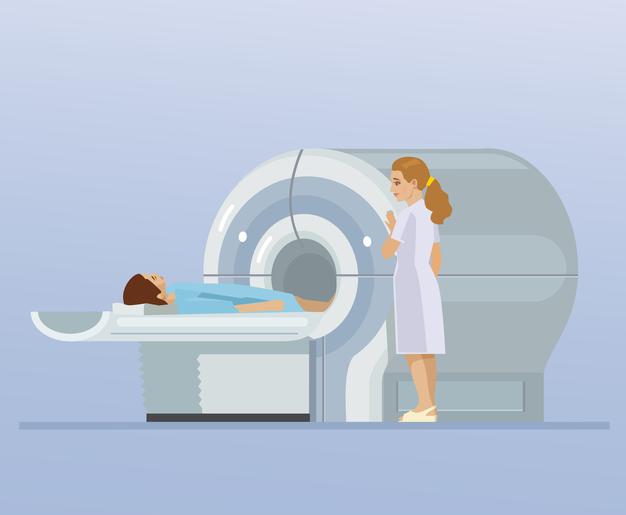
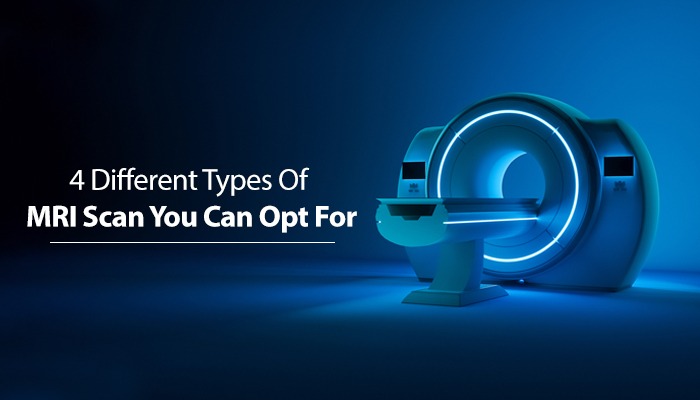
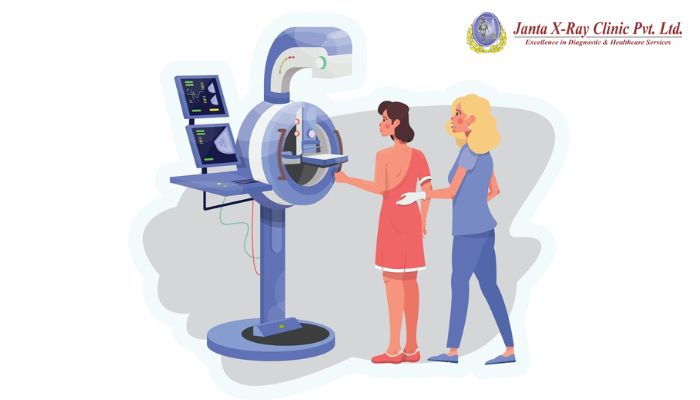
-Janta.jpg)

1.jpg)
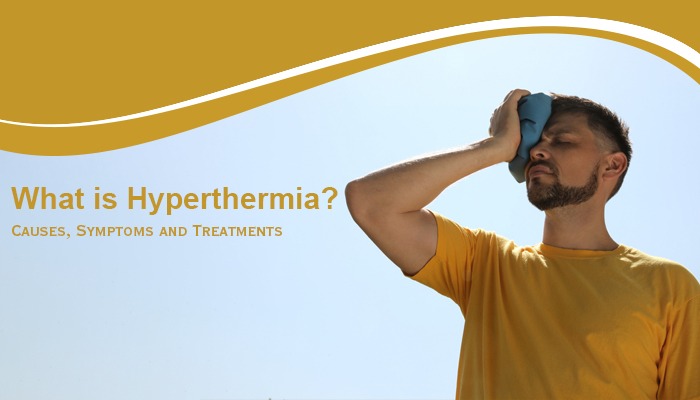
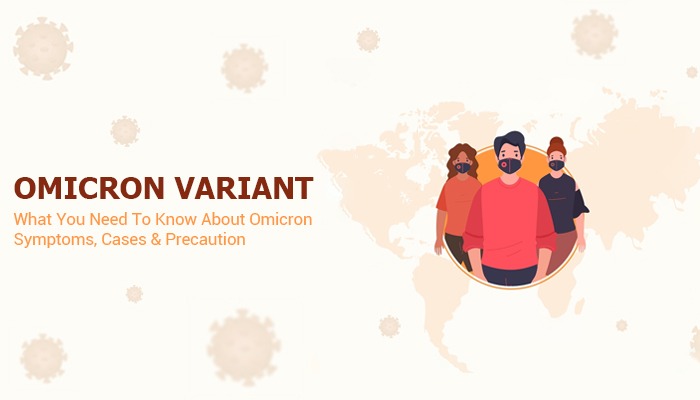
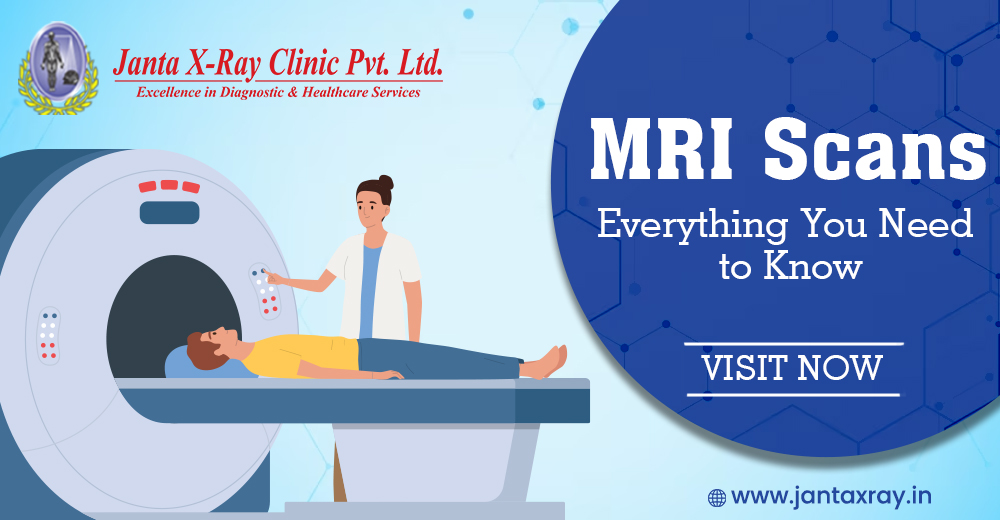
Comments List